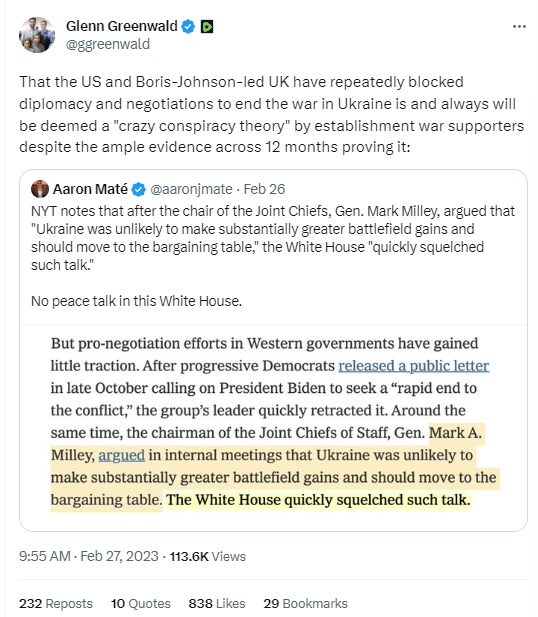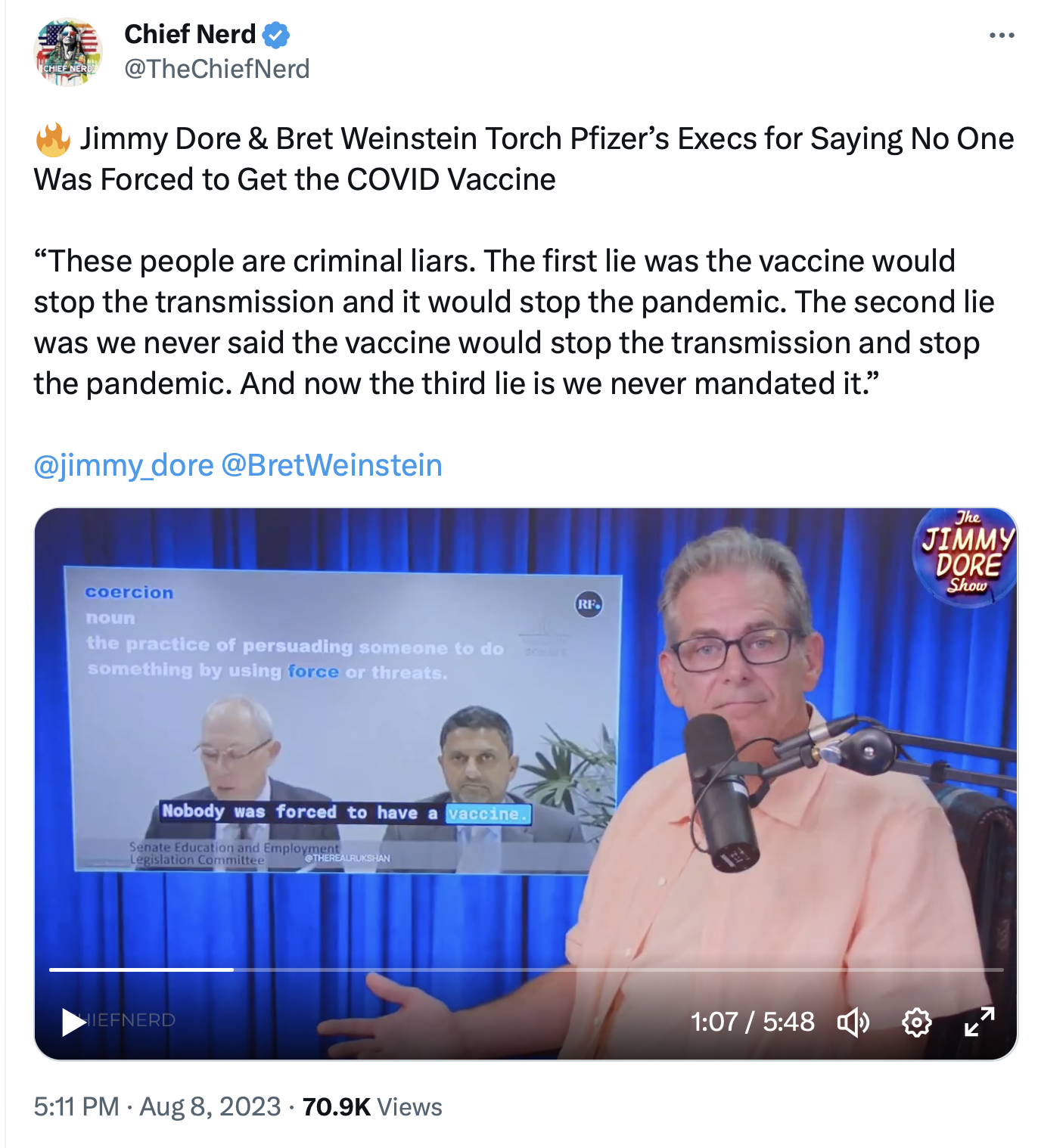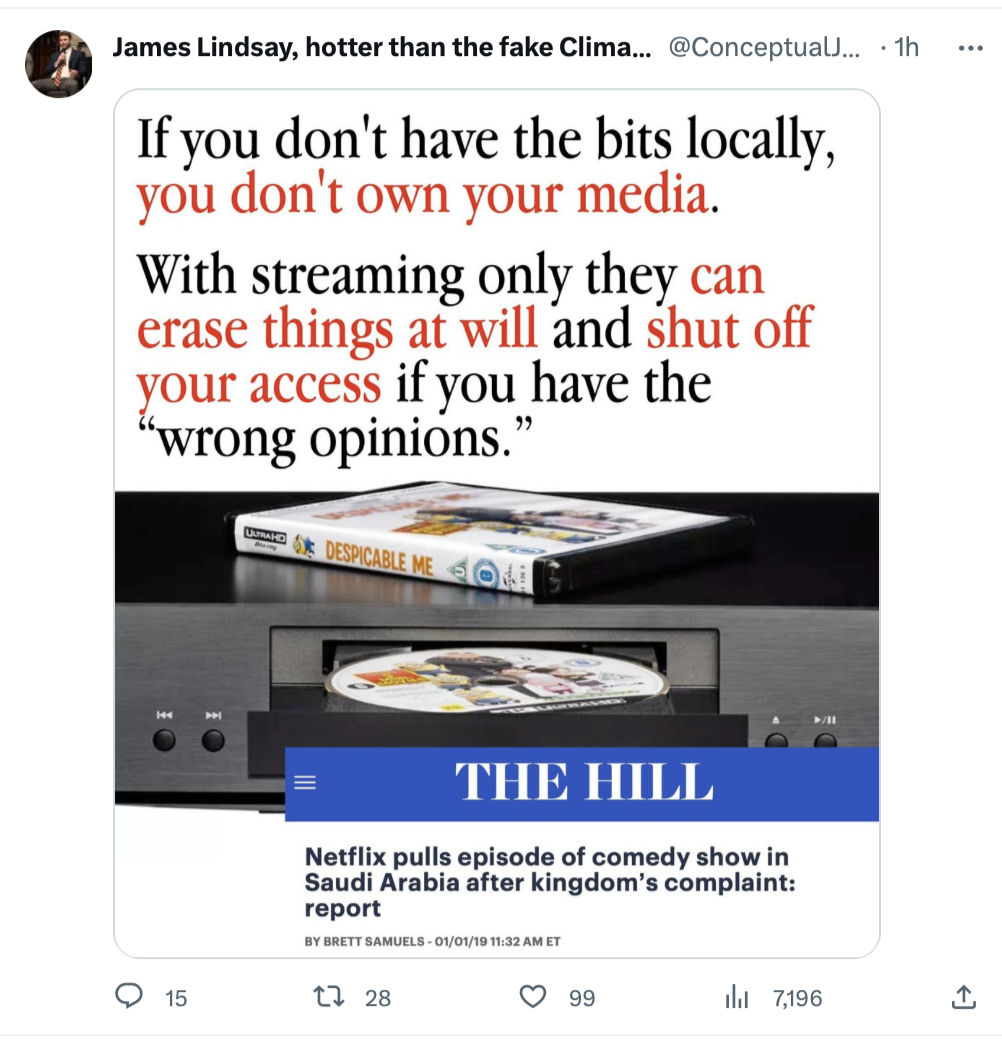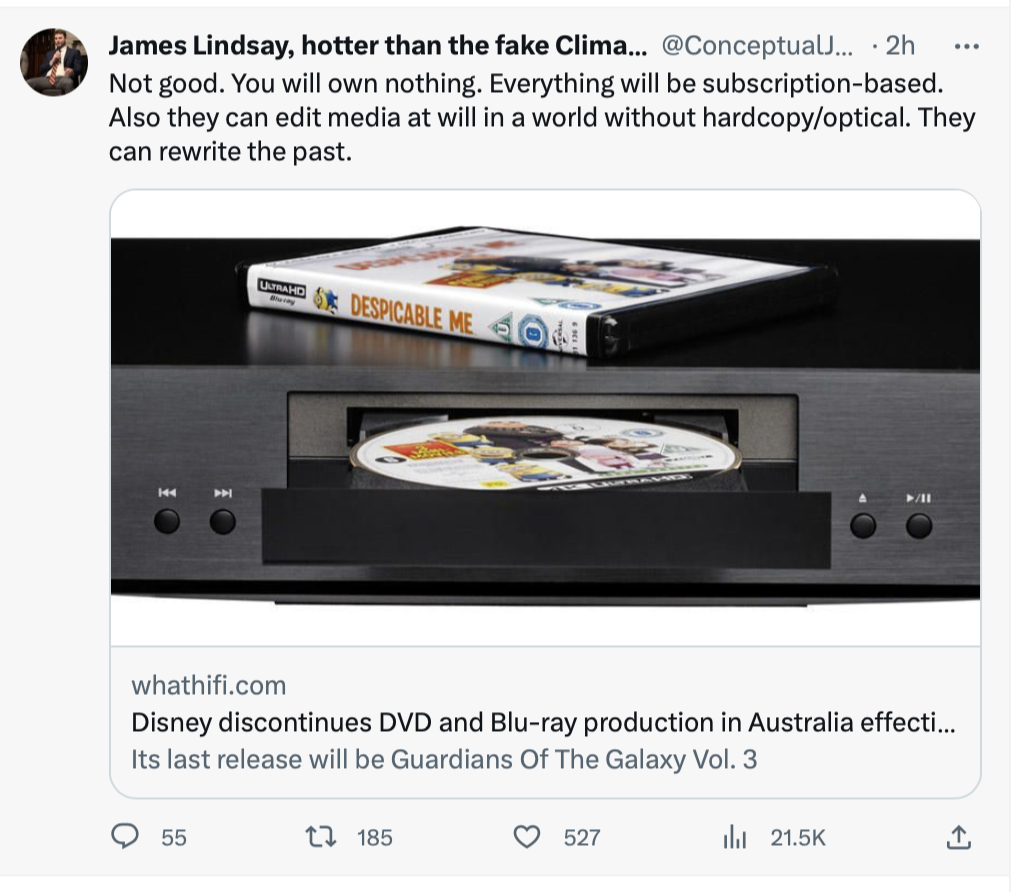A study in Self-Sabotage and Self-Censorship
Seymour Hersh looks at the absence of discussion regarding the destruction of the Nord Stream pipeline:
Polling in Germany has consistently shown enormous discontent with the economic crisis it faces. One survey analyzed by Bloomberg last month found that only 39 percent of German voters believe the country will be a leading industrial nation in the next decade. The dispatch specifically cited internal political infighting over the nation’s home and business heating subsidy policies but did not mention a major cause of the crisis—Biden’s decision to destroy the Nord Stream pipelines.
A review of recent reporting on the German economic crisis in German, American, and international business publications—much of it excellent—yielded not a single citation of the pipeline’s destruction as a major reason for national pessimism. I couldn’t help wondering what Pinter would have said about the self-censorship.
In July Politico reported that Robert Habeck, the German vice chancellor and economic minister, a member of the Green Party, warned that the country was certain to face a shrinking economy and a transition to green energy that “will put a burden” on the population. In May, the German government announced that the country had entered a recession. Some of the nation’s companies, according to Politico, “have begun to ditch the Fatherland, triggering fears of deindustrialization.”
Habeck said the economic downturn could be explained by high energy prices, which Germany felt more intensely than other countries “because it relied on cheap Russian gas.” The article did not state why there is no longer Russian gas flowing to Germany...
Scholz said nothing in public and returned to the White House last winter for a private two-day visit—his plane carried no members of the German media with him—that included a long one-on-one session with Biden. There was no state dinner nor a press conference, other than a brief exchange of platitudes with the president in front of the White House press corps, who were not permitted to not to ask questions.




